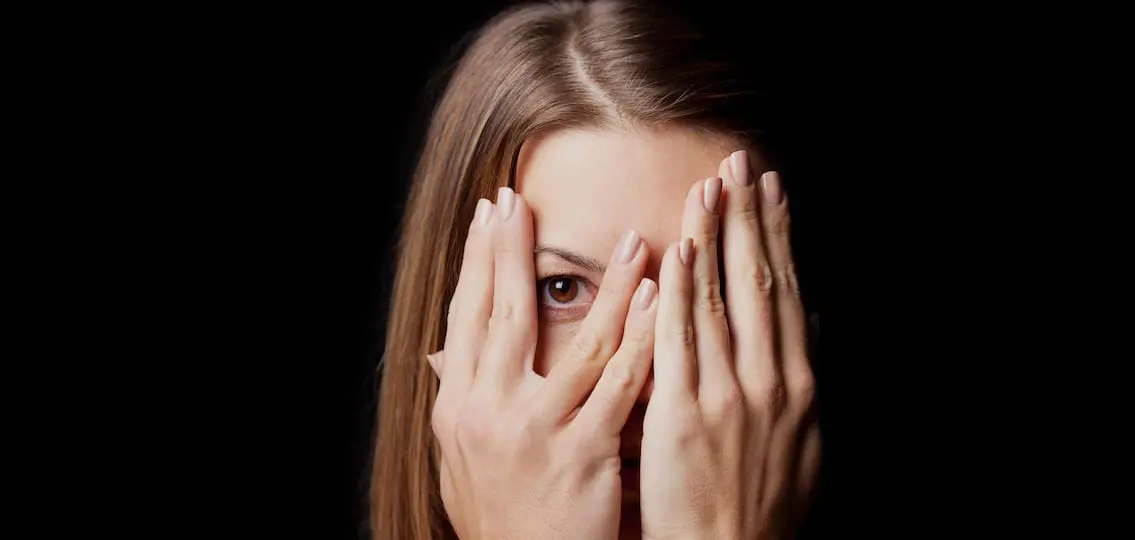All parents hope their children will grow into happy, well-adjusted teenagers. Unfortunately, for some teenagers, the social pressures of adolescence can weigh heavily on them.

The Numbers
Social anxiety affects approximately 40 million Americans, according to the Anxiety and Depression Association of America. Most of them will begin experiencing symptoms by age 13.
Fear of Judgment and Rejection
This type of anxiety is mostly associated with intense feelings of peer-judgment in situations that require a teenager to perform, such as conversations with strangers.
Anxious teenagers are frequently worried about what everyone else thinks about them and assume they’re being mocked. For example, a teenager with social anxiety might have debilitating fear that, if they spill something in public, they will attract unwanted attention.
Shyness vs. Social Anxiety
Social anxiety in teens can often be confused with shyness, but the two differ greatly. Teens experiencing social anxiety harbor such an intense fear of rejection or negative interaction that they may try to avoid these situations altogether. As a result, socially anxious teens might isolate themselves from friendships and romantic relationships out of fear of scrutiny.
“It’s something that is overlooked in modern psychology because most parents are not made aware of the situation,” says Patty Sokol, a clinical child psychologist from West Bloomfield, Michigan. “Teachers just see their students as shy. And the teens may not act that way at home because they feel comfortable, so the parents may not notice either.”
However, social anxiety can affect academic performance. For example, anxious teenagers may skip classes to avoid judgment on days when the teacher has assigned group discussions or presentations. “If the child’s grades are suffering or they’re exhibiting behavior unlike what you’re used to, talk to both your child and their network outside of the home,” Sokol says.
Causes of Social Anxiety
Experts identify several elements that lead to social anxiety in teens. These include
- The molecular composition of a developing brain.
- Inherited traits.
- Possible traumatic experiences.
- Sokol notes that anxiety is very common in teenagers who were victims of physical or emotional abuse.
- Some childhood experiences, such as moving or divorce, are also triggers.
Coping With Social Anxiety
Hannah Gaffner, a sophomore at Kent State University in Ohio, is a teenager with social anxiety. She has struggled with severe social anxiety since high school. Today, she’s better, but it’s still hard work for her to put herself in social situations.
“I’m definitely happier when I have friends. And being plagued by fear of everyone hating me every day was no way to live. But I’m always exhausted trying to throw myself into situations that I’m not always naturally comfortable in,” she explains. “I think part of that is I’m more of an introvert, but when I was isolating myself, I was pretty depressed.”
Studies find that a combination of therapy, medication, and willpower work best to help teenagers overcome this type of anxiety disorder.
Sokol says that in order for the anxiety to lessen, the teenager must make the decision to overcome the disorder. That includes putting themselves in nerve-wracking situations, such as parties and student activities. This may be traumatic at first, but teens will gradually realize their fears are usually irrational, she explains.
“The most effective cases I’ve seen–when a teenager overcomes social anxiety–is when they’ve decided that enough is enough.”
Gaffner says the most important step to her recovery was a support system.“I had people who told me ‘not everyone is mocking you, or judging you’ and I really needed to hear that. It’s what helped me push through.”

It’s also important to find ways to help teens overcome their social anxiety so that they don’t resort to self-medicating, Sokol adds. It’s common for teens to turn to alcohol because it numbs the mind, making the teen more open to interaction. Adderall, a popular ADHD drug, is another substance often abused because it stimulates the mind, sometimes lessening anxious feelings.




